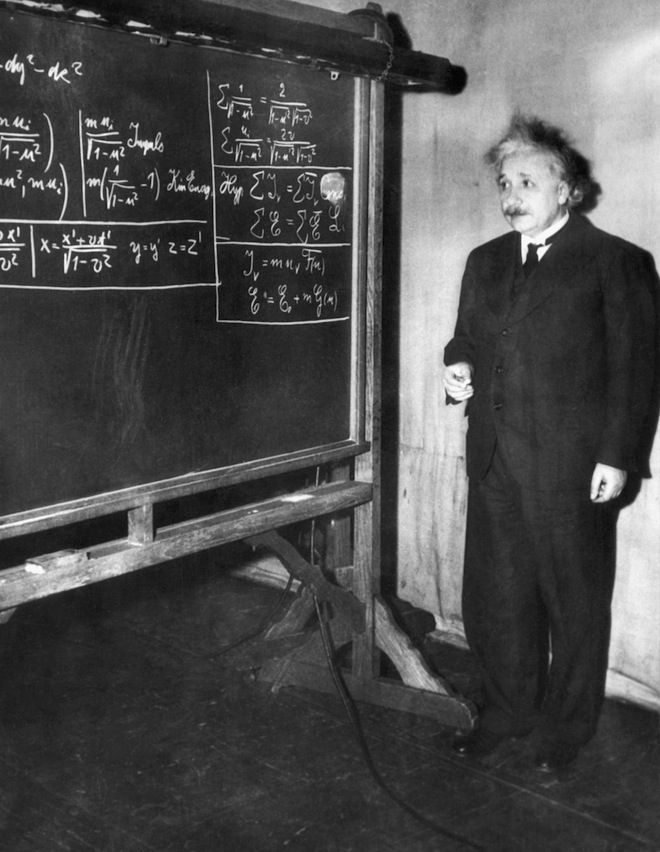Einstein theory of insanity
Einstein's Parable of Quantum Insanity
Share on Facebook
Share on Twitter
Share on Reddit
Share on LinkedIn
Share via Email
Print
From Quanta Magazine (find original story here).
“Insanity is doing the same thing over and over and expecting different results.”
That witticism—I’ll call it “Einstein Insanity”—is usually attributed to Albert Einstein. Though the Matthew effect may be operating here, it is undeniably the sort of clever, memorable one-liner that Einstein often tossed off. And I’m happy to give him the credit, because doing so takes us in interesting directions.
First of all, note that what Einstein describes as insanity is, according to quantum theory, the way the world actually works. In quantum mechanics you can do the same thing many times and get different results. Indeed, that is the premise underlying great high-energy particle colliders. In those colliders, physicists bash together the same particles in precisely the same way, trillions upon trillions of times. Are they all insane to do so? It would seem they are not, since they have garnered a stupendous variety of results.
Of course Einstein, famously, did not believe in the inherent unpredictability of the world, saying “God does not play dice.” Yet in playing dice, we act out Einstein Insanity: We do the same thing over and over—namely, roll the dice—and we correctly anticipate different results. Is it really insane to play dice? If so, it’s a very common form of madness!
We can evade the diagnosis by arguing that in practice one never throws the dice in precisely the same way. Very small changes in the initial conditions can alter the results. The underlying idea here is that in situations where we can’t predict precisely what’s going to happen next, it’s because there are aspects of the current situation that we haven’t taken into account.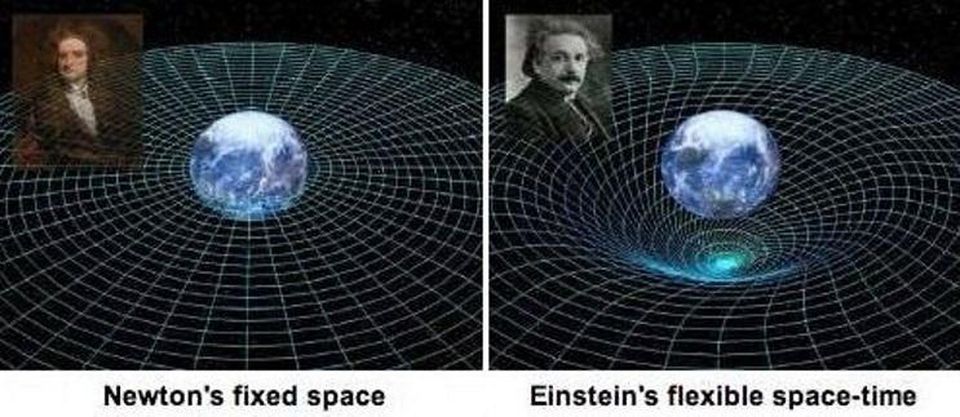 Similar pleas of ignorance can defend many other applications of probability from the accusation of Einstein Insanity to which they are all exposed. If we did have full access to reality, according to this argument, the results of our actions would never be in doubt.
Similar pleas of ignorance can defend many other applications of probability from the accusation of Einstein Insanity to which they are all exposed. If we did have full access to reality, according to this argument, the results of our actions would never be in doubt.
This doctrine, known as determinism, was advocated passionately by the philosopher Baruch Spinoza, whom Einstein considered a great hero. But for a better perspective, we need to venture even further back in history.
Parmenides was an influential ancient Greek philosopher, admired by Plato (who refers to “father Parmenides” in his dialogue the Sophist). Parmenides advocated the puzzling view that reality is unchanging and indivisible and that all movement is an illusion. Zeno, a student of Parmenides, devised four famous paradoxes to illustrate the logical difficulties in the very concept of motion. Translated into modern terms, Zeno’s arrow paradox runs as follows:
- If you know where an arrow is, you know everything about its physical state.

- Therefore a (hypothetically) moving arrow has the same physical state as a stationary arrow in the same position.
- The current physical state of an arrow determines its future physical state. This is Einstein Sanity—the denial of Einstein Insanity.
- Therefore a (hypothetically) moving arrow and a stationary arrow have the same future physical state.
- The arrow does not move.
Followers of Parmenides worked themselves into logical knots and mystic raptures over the rather blatant contradiction between point five and everyday experience.
The foundational achievement of classical mechanics is to establish that the first point is faulty. It is fruitful, in that framework, to allow a broader concept of the character of physical reality. To know the state of a system of particles, one must know not only their positions, but also their velocities and their masses. Armed with that information, classical mechanics predicts the system’s future evolution completely.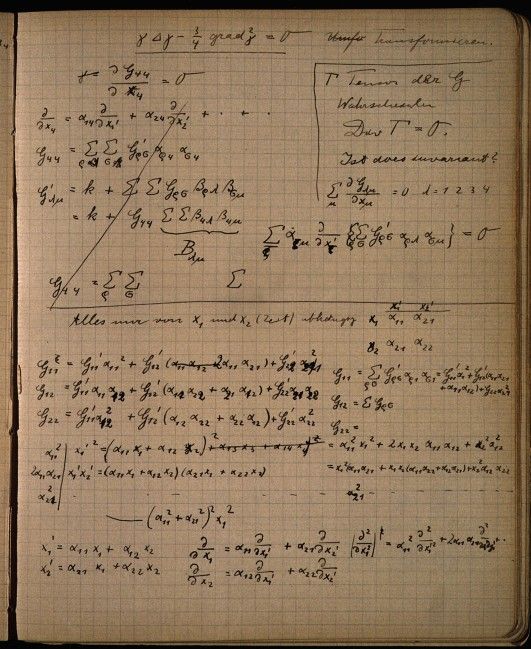 Classical mechanics, given its broader concept of physical reality, is the very model of Einstein Sanity.
Classical mechanics, given its broader concept of physical reality, is the very model of Einstein Sanity.
With that triumph in mind, let us return to the apparent Einstein Insanity of quantum physics. Might that difficulty likewise hint at an inadequate concept of the state of the world?
Einstein himself thought so. He believed that there must exist hidden aspects of reality, not yet recognized within the conventional formulation of quantum theory, which would restore Einstein Sanity. In this view it is not so much that God does not play dice, but that the game he’s playing does not differ fundamentally from classical dice. It appears random, but that’s only because of our ignorance of certain “hidden variables.” Roughly: “God plays dice, but he’s rigged the game.”
But as the predictions of conventional quantum theory, free of hidden variables, have gone from triumph to triumph, the wiggle room where one might accommodate such variables has become small and uncomfortable.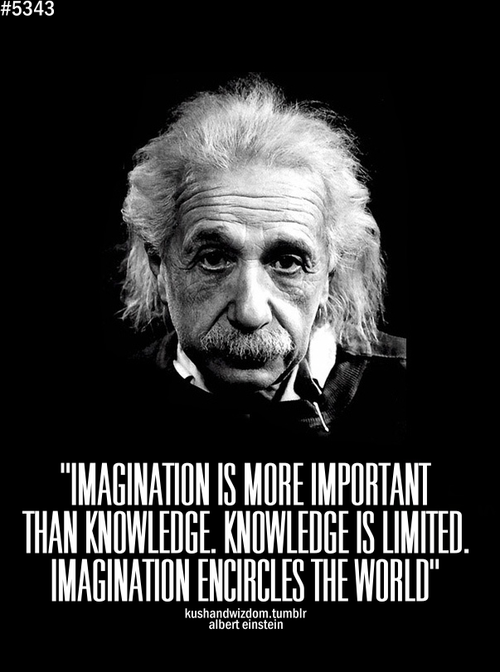 In 1964, the physicist John Bell identified certain constraints that must apply to any physical theory that is both local—meaning that physical influences don’t travel faster than light—and realistic, meaning that the physical properties of a system exist prior to measurement. But decades of experimental tests, including a “loophole-free” test published on the scientific preprint site arxiv.org last month, show that the world we live in evades those constraints.
In 1964, the physicist John Bell identified certain constraints that must apply to any physical theory that is both local—meaning that physical influences don’t travel faster than light—and realistic, meaning that the physical properties of a system exist prior to measurement. But decades of experimental tests, including a “loophole-free” test published on the scientific preprint site arxiv.org last month, show that the world we live in evades those constraints.
Ironically, conventional quantum mechanics itself involves a vast expansion of physical reality, which may be enough to avoid Einstein Insanity. The equations of quantum dynamics allow physicists to predict the future values of the wave function, given its present value. According to the Schrödinger equation, the wave function evolves in a completely predictable way. But in practice we never have access to the full wave function, either at present or in the future, so this “predictability” is unattainable. If the wave function provides the ultimate description of reality—a controversial issue!—we must conclude that “God plays a deep yet strictly rule-based game, which looks like dice to us.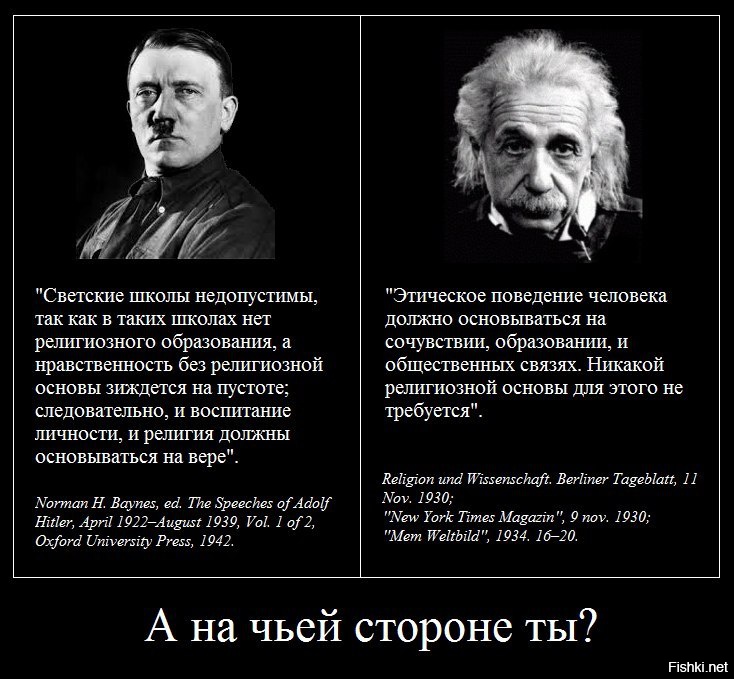 ”
”
Einstein’s great friend and intellectual sparring partner Niels Bohr had a nuanced view of truth. Whereas according to Bohr, the opposite of a simple truth is a falsehood, the opposite of a deep truth is another deep truth. In that spirit, let us introduce the concept of a deep falsehood, whose opposite is likewise a deep falsehood. It seems fitting to conclude this essay with an epigram that, paired with the one we started with, gives a nice example:
“Naïveté is doing the same thing over and over, and always expecting the same result.”
Frank Wilczek was awarded the 2004 Nobel Prize in physics for his work on the theory of the strong force. His most recent book is A Beautiful Question: Finding Nature’s Deep Design. Wilczek is the Herman Feshbach Professor of Physics at the Massachusetts Institute of Technology.
Reprinted with permission from Quanta Magazine, an editorially independent publication of the Simons Foundation whose mission is to enhance public understanding of science by covering research developments and trends in mathematics and the physical and life sciences.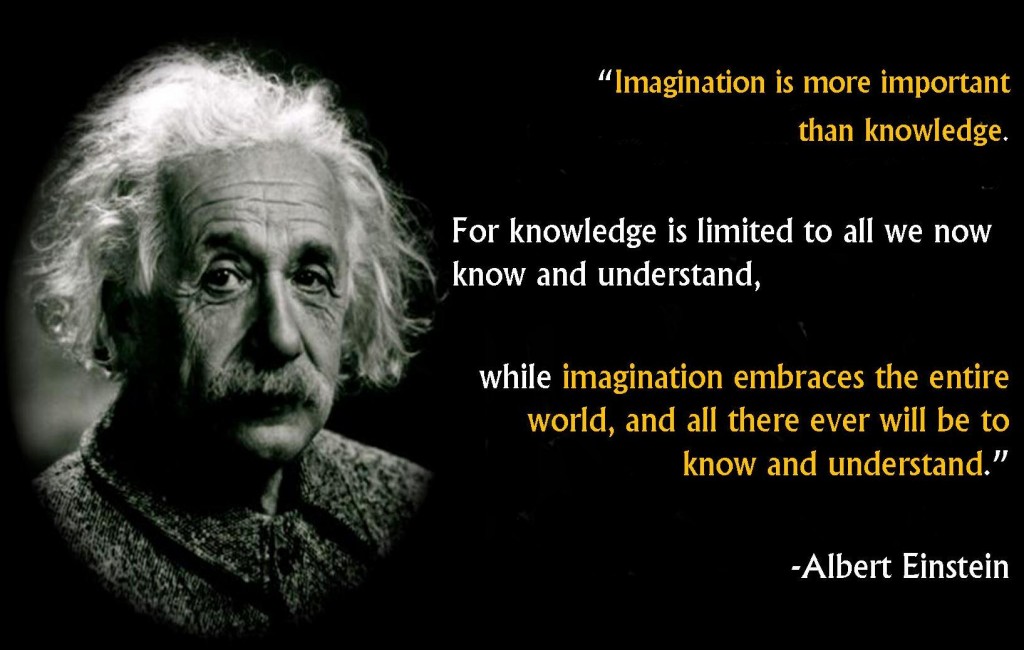
ABOUT THE AUTHOR(S)
Frank Wilczek is the Herman Feshbach Professor of Physics at the Massachusetts Institute of Technology. He won the Nobel Prize in Physics in 2004 for his work on the theory of the strong force. Credit: Nick Higgins
Here Are 6 Things Albert Einstein Never Said
A new book investigates the truth behind famous quotations that have been wrongly attributed, misremembered, garbled in translation—or are flat-out fake.
By: Sarah Pruitt
Updated: | Original:
The whole business of misattributing quotes certainly didn’t begin with the Internet—it’s been going on as long as anyone can remember: Once a famous person gets a reputation for saying witty, profound or inspiring things, people tend to attribute quotes to them that sound like something they might have said, but that they didn’t actually say.
Garson O’Toole—a pen name used by the writer who bills himself “The Internet’s Foremost Quote Investigator”—calls people like Abraham Lincoln, Mark Twain, Dorothy Parker, Albert Einstein, Yogi Berra, Winston Churchill and Marilyn Monroe “quote superstars.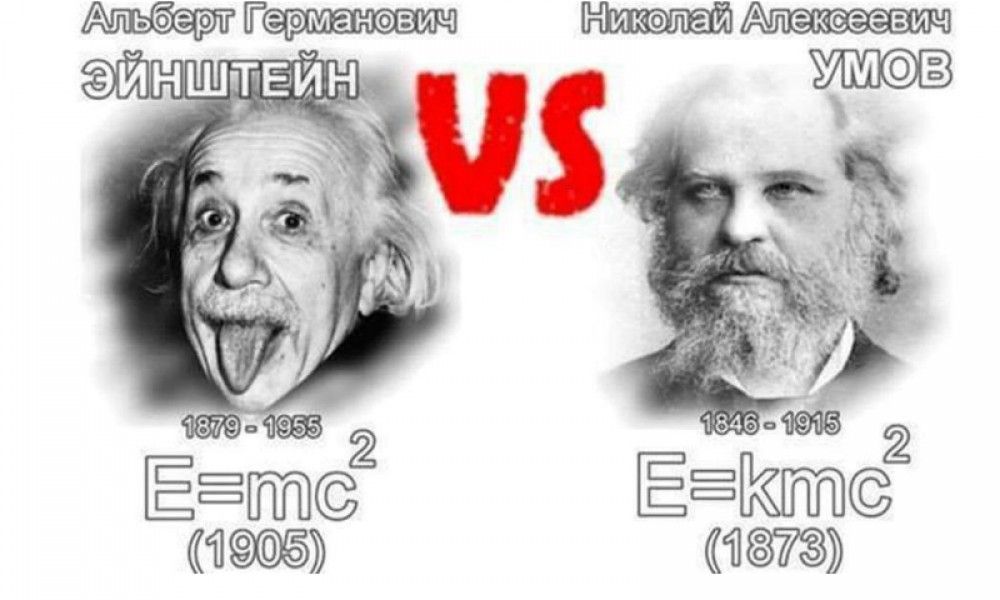 ” Such famous and charismatic people often become “hosts” for quotations they never uttered, O’Toole writes in his book, “Hemingway Didn’t Say That: The Truth Behind Familiar Quotations.”
” Such famous and charismatic people often become “hosts” for quotations they never uttered, O’Toole writes in his book, “Hemingway Didn’t Say That: The Truth Behind Familiar Quotations.”
For example, take these often repeated and reprinted Albert Einstein quotes—none of which the great physicist actually said:
“Not everything that counts can be counted.”
“The definition of insanity is doing the same thing over and over again and expecting different results.”
“Everyone is a genius. But if you judge a fish by its ability to climb a tree, it will live its whole life believing that it is stupid.”
“Two things inspire me to awe–the starry heavens above and the moral universe within.”
“Education is that which remains, if one has forgotten everything he learned in school.”
“When you sit with a nice girl for two hours you think it’s only a minute, but when you sit on a hot stove for a minute you think it’s two hours.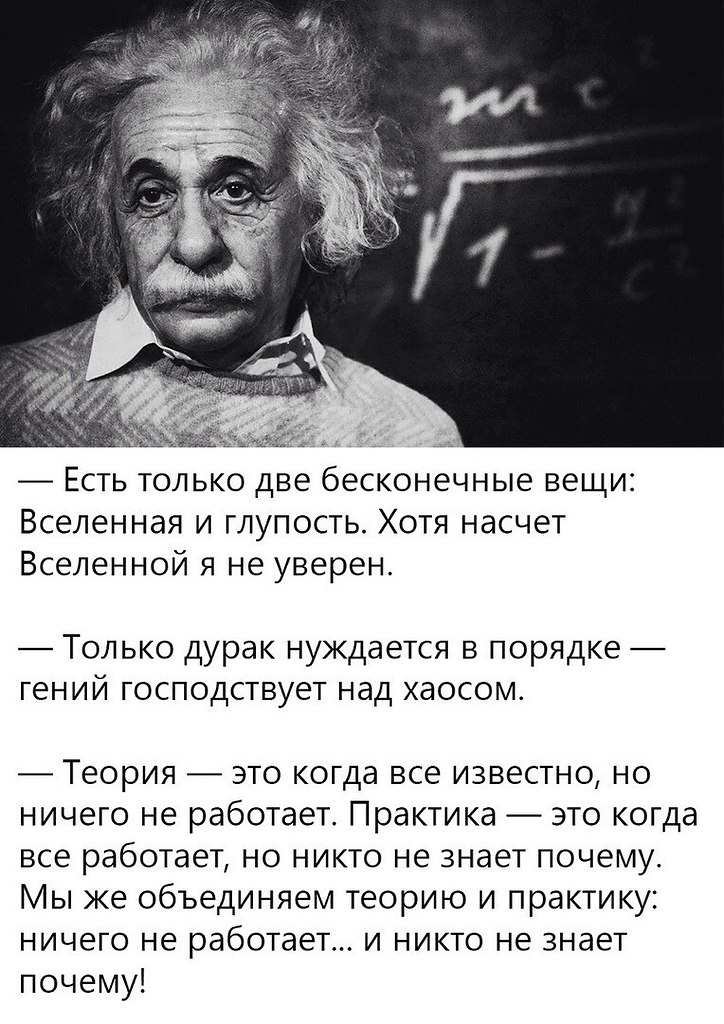 That’s relativity.”
That’s relativity.”
Now here’s the real deal on these quotes:
“Not everything that counts can be counted.”
As O’Toole writes in his book, credit for this quote should go to the sociology professor William Bruce Cameron, who included it in a couple of articles and a 1963 textbook. Einstein apparently wasn’t associated with the saying until the mid-1980s, some three decades after his death.
“The definition of insanity is doing the same thing over and over again and expecting different results.”
A favorite of politicians (and pretty much everybody else), this quote has been wrongly attributed to Benjamin Franklin as well as—but there’s no evidence either of them said it. “The Ultimate Quotable Einstein,” an authoritative complication of his most memorable utterances, identified the quote as a misattribution, and mentioned its use in the 1983 novel “Sudden Death” by Rita Mae Brown. On his website, Quote Investigator, O’Toole traced, the link between insanity and repetition back to at least the 19th century, but noted its use in a Narcotics Anonymous pamphlet as well as novels (including Brown’s), TV shows and various other sources.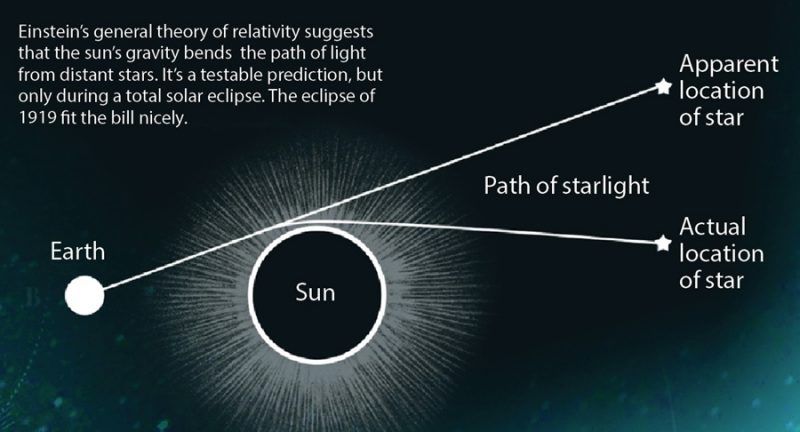
“Everyone is a genius. But if you judge a fish by its ability to climb a tree, it will live its whole life believing that it is stupid.”
No substantive evidence exists suggesting Einstein made this statement, though it (as O’Toole wrote on his website) has been attributed to him in at least one self-help book. In fact, the quote can be traced to a well-established allegory involving animals doing impossible things, used to illustrate the fallacy of judging someone by a skill or ability that person (or animal) does not possess.
“Two things inspire me to awe—the starry heavens above and the moral universe within.”
In fact, this one is a version of a statement made not by Einstein but by the German philosopher Immanuel Kant in his famous “Critique of Practical Reason” (1889). The actual quote is: “Two things fill the mind with ever-increasing wonder and awe, the more often and the more intensely the mind of thought is drawn to them: the starry heavens above me and moral law within me.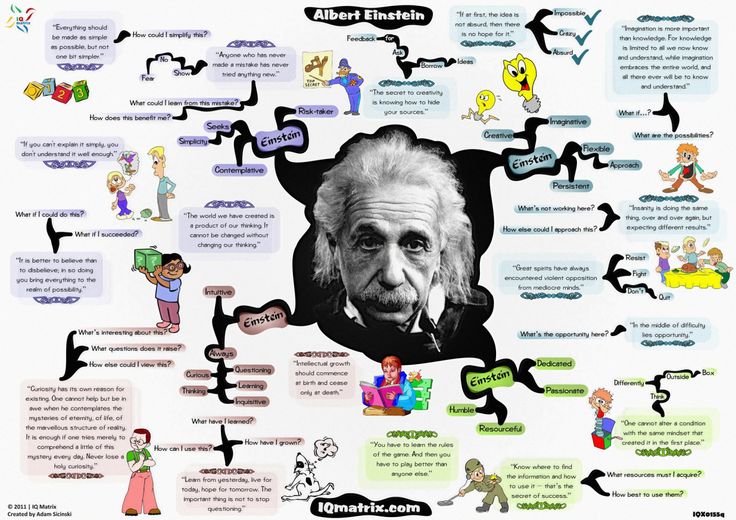 ”
”
“Education is that which remains, if one has forgotten everything he learned in school.”
In “The Ultimate Quotable Einstein,” editor Alice Calaprice clarified that Einstein agreed with this statement, but did not actually say it. In fact, he was quoting a passage by an anonymous “wit” in a chapter he wrote on education, included in his book “Out of My Later Years.”
“When you sit with a nice girl for two hours you think it’s only a minute, but when you sit on a hot stove for a minute you think it’s two hours. That’s relativity.”
This admittedly vivid explanation of Einstein’s most famous theory is not something he himself said, but comes from an anecdote that was reportedly circulating around him in 1929, when it appeared in a New York Times article about him. The reporter put the anecdotal statement in quotation marks, and poof! A famous (and most likely fake) quote was born.
Albert Einstein Quote Madness: Doing the same thing over and over again and expecting different results.
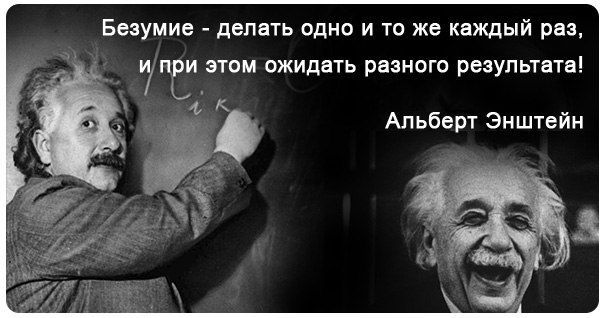 General relativity Special relativity, Einstein, miscellaneous, tshirt, white png Albert Einstein Quoting Madness Doing the same thing again and again and expect different results. General relativity Special relativity, Einstein, miscellaneous, tshirt, white png
General relativity Special relativity, Einstein, miscellaneous, tshirt, white png Albert Einstein Quoting Madness Doing the same thing again and again and expect different results. General relativity Special relativity, Einstein, miscellaneous, tshirt, white png Tags
- miscellaneous,
- T-shirt,
- white,
- photography,
- others,
- monochrome,
- author,
- desktop wallpapers,
- black,
- muzzle,
- top,
- space,
- theory of relativity,
- quote,
- portrait,
- special relativity,
- sleeve,
- monochrome photography,
- black and white,
- clothing,
- Einstein family,
- Facial hair,
- general relativity,
- gravity,
- madness Doing the same thing over and over and expecting different results
- life is like riding a bicycle,
- to keep balance,
- you must keep moving,
- Albert Einstein quotes,
- Albert Einstein,
- png,
- transparent,
- free download
About this PNG
- Image size
- 564x657px
- File size
- 279.
 15KB
15KB - MIME type
- Image/png
resize PNG
width(px)
height(px)
License
Non-Commercial Use, DMCA Contact Us
- Albert Einstein sticking out tongue, Albert Einstein Scientist Matt Pattinson Space Insanity: Doing the Same Thing Over and Over and Expecting Different Results., albert einstein, child, face, people png 1000x1000px 408.69KB
- grayscale of Albert Einstein, Albert Einstein Quotations Physicist General theory of relativity Theoretical physics, Einstein, miscellaneous, face, head png 605x574px 329.86KB
- House of Albert Einstein Theory of relativity General relativity Physicist, science, desktop Wallpaper, moustache, albert png 500x742px 134.13KB
- Albert Einstein Quotations Portrait Theory of relativity, Albert Einstein Medal, face, monochrome, head png 419x694px 163.21KB
- Albert Einstein Quotations Physicist Scientist General theory of relativity, albert, monochrome, human, physicist png 512x512px 546.43KB
- Wall decal General theory of relativity Physics Theory of relativity Einstein family, scientist, white, mammal, face png 671x568px 133.21KB
- Albert Einstein Silhouette Scalable Graphics, Einstein s, cdr, monochrome, human png 751x900px 45.
 79KB
79KB - Albert Einstein Quotations I Want to Know All God's Thoughts; Everything Else Is Just Details. Love is a better teacher than duty. The speed of light, albert einstein, face, monochrome, head png 512x512px 235.7KB
- Albert Einstein Quotations Mathematician Physicist Theory of relativity, Albert Einstein Medal, face, head png 720x360px 146.7KB
- Albert Einstein T-shirt Theory of relativity Relativity: Special and General Theory, einstein hair, blue, text, head png 1024x1024px 38.73KB
- The Best of Bruno Mars 24K Magic World Tour, bruno mars, poster, monochrome png 500x500px 106.04KB
- Ed Sheeran Singer-songwriter Lyrics Music, others, miscellaneous, tshirt, monochrome png 500x617px 302.28KB
- Albert Einstein Quote Scientist Physicist Physicist, scientist, face, people, human png 1024x1024px 571.12KB
- T-shirt Cycling Racing bicycle Decal, T-shirt, bicycle Frame, racing, bicycle png 750x1000px 92.53KB
- Internet troll Trollface Rage comic Internet meme Sticker, scream face, miscellaneous, comics, white png 1795x1688px 57.57KB
- Abraham Lincoln First reading President Lincoln's Emancipation Proclamation Public domain Drawing, lincoln, miscellaneous, face, head png 999x1245px 114.55KB
- Desktop Sleeve tattoo, tiger tattoo, mammal, face, cat Like Mammal png 809x988px 563.5KB
- Research Theory of Relativity History: Modern History in 50 Events: From the Industrial Revolution to Modern Times (World History, History Textbooks, Human History), university, others, miscellaneous, monochrome, science png 751x900px 26.97KB
- Bruno Mars Singer-songwriter Musician, singing, microphone, musician, desktop Wallpaper png 580x720px 192.33KB
- Suit tie Tuxedo Bow tie, ties, tshirt, white, hand png 958x1271px 89.8KB
- Anti-corruption campaign under President Xi Jinping of the People's Republic of China, Barack Obama, miscellaneous, celebrities, monochrome png 2000x2400px 47.
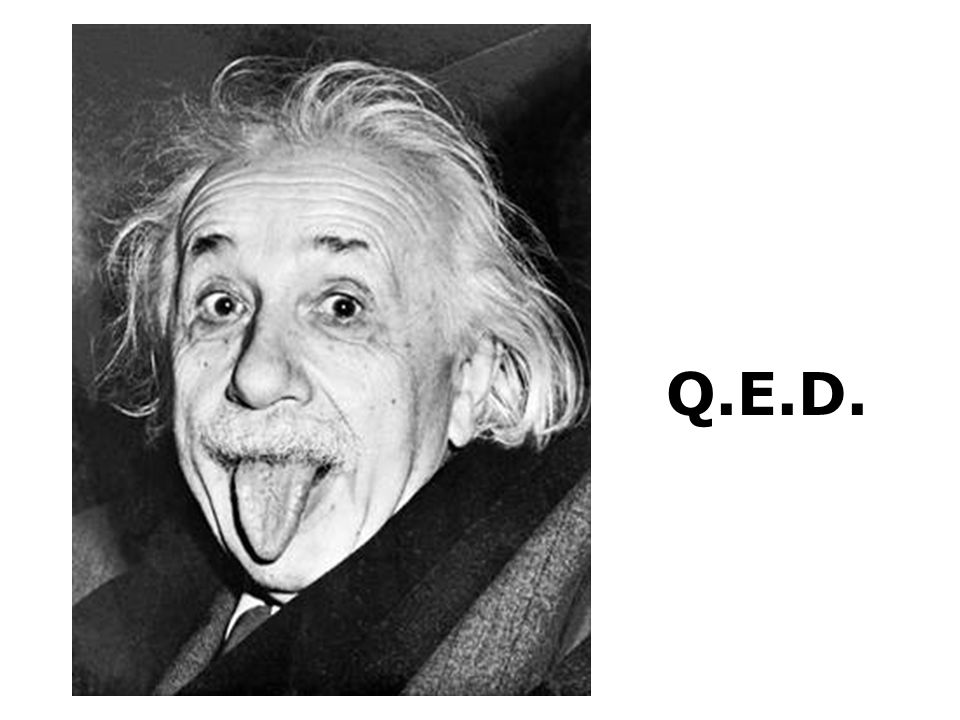 38KB
38KB - Christianity Saints Person of Jesus of Nazareth, others, miscellaneous, christianity, religion png 800x800px 471.32KB
- Drawing Desktop Woman, watercolor cactus, miscellaneous, face, monochrome png 500x539px 166.98KB
- Computer Icons Hairstyle, others, miscellaneous, white, face png 519x800px 55.17KB
- Yume Nikki Video game Wikia, others, game, white, child png 900x2252px 255.31KB
- Skam Christoffer Schistad Television Desktop, others, television, face, hat png 512x512px 56.65KB
- James Bay Saturday Night Live Pink Lemonade Wild Love Singer-songwriter, singer, miscellaneous, tshirt, album png 500x625px 102.91KB
- Line art, jacket, miscellaneous, hat, hand png 1305x2399px 156.35KB
- Dan Howell Dan & Phil Black and white YouTuber, others, miscellaneous, tshirt, white png 441x634px 110.89KB
- Mustache T-shirt, T-shirt, face, monochrome, computer Wallpaper png 1686x1834px 268.18KB
- Computer Icons, others, miscellaneous, face, computer png 561x800px 71.44KB
- Computer Icons, female hair, miscellaneous, white, face png 958x1288px 103.
